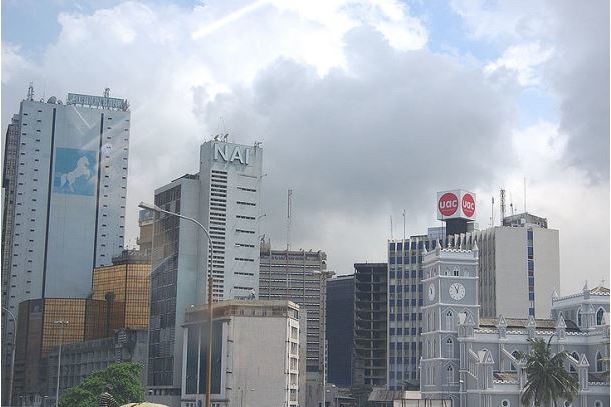Latest News
Nigeria’s inflation rate rises for second consecutive month to 11.40%

News Highlight
The latest inflation figure, the highest since January 2019, is attributed to increase in food prices.
Nigeria’s Consumer Price Index (CPI), which measures inflation, rose for the second consecutive month in 2019. The CPI report for May 2019 was released by the National Bureau of Statistics (NBS) on Monday, showing the headline inflation increased to 11.40 per cent, compared to 11.37 per cent in April.
The NBS said food inflation rose by 13.79 per cent in May, compared to 13.70 per cent recorded in the previous month. The rise in the food index was caused by increases in the prices of meat, fish, milk, cheese and eggs, oil and fats, bread and cereals, vegetables, potatoes, yam and other tubers.
Core inflation, which excludes the prices of volatile agricultural produce, eased at 9 per cent, representing a slight decrease of 0.3 percentage points from the previous month. On a month-on-month basis, however, the core sub-index increased by 0.75 per cent, compared to the 0.70 per cent rate of increase reported in the previous month.
According to the statistics bureau, the highest increases were recorded in the prices of medical, dental and hospital services; domestic and household services; repair of household appliances; cleaning, repair and hire of clothing; repair and hire of footwear; tobacco; actual and imputed rentals for housing.
The urban inflation rate, according to the report, inched up by 11.76 per cent in May, representing 0.06 percentage points increase from the previous month. Meanwhile, rural inflation decreased by 11.07 per cent from 11.08 per cent in April.
Earlier this month, various analysts predicted an increase in the inflation rate. But the inflation figure, the highest since January 2019, is 0.01 percentage points higher than the 11.39 per cent forecast by FSDH Research. The analysts at FSDH Research said the rise in inflation is caused by the increase in food prices attributed to the seasonality effect associated with the beginning of the planting season, as well as security challenges in some food-producing regions in the country.
Related News
Latest Blogs
- What is most important for Nigeria in 2026
- Restoring asset declaration as a tool of public accountability
- Tackling antibiotic resistance through safer food systems
- Big government, little governance
- What will matter in Nigeria in 2026
Most Popular News
- NDIC pledges support towards financial system stability
- Artificial intelligence can help to reduce youth unemployment in Africa – ...
- Pan-African nonprofit appoints Newman as Advisory and Executive Boards Chair
- Abebe Aemro Selassie to retire as Director of African Department at IMF
- Dollar slumps as Fed independence comes under fire
- UN adopts new consumer product safety principles









